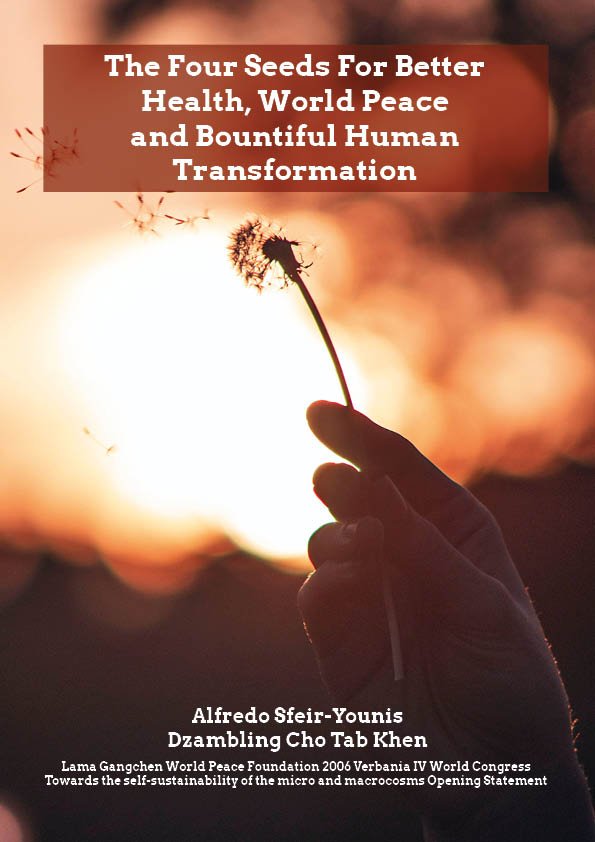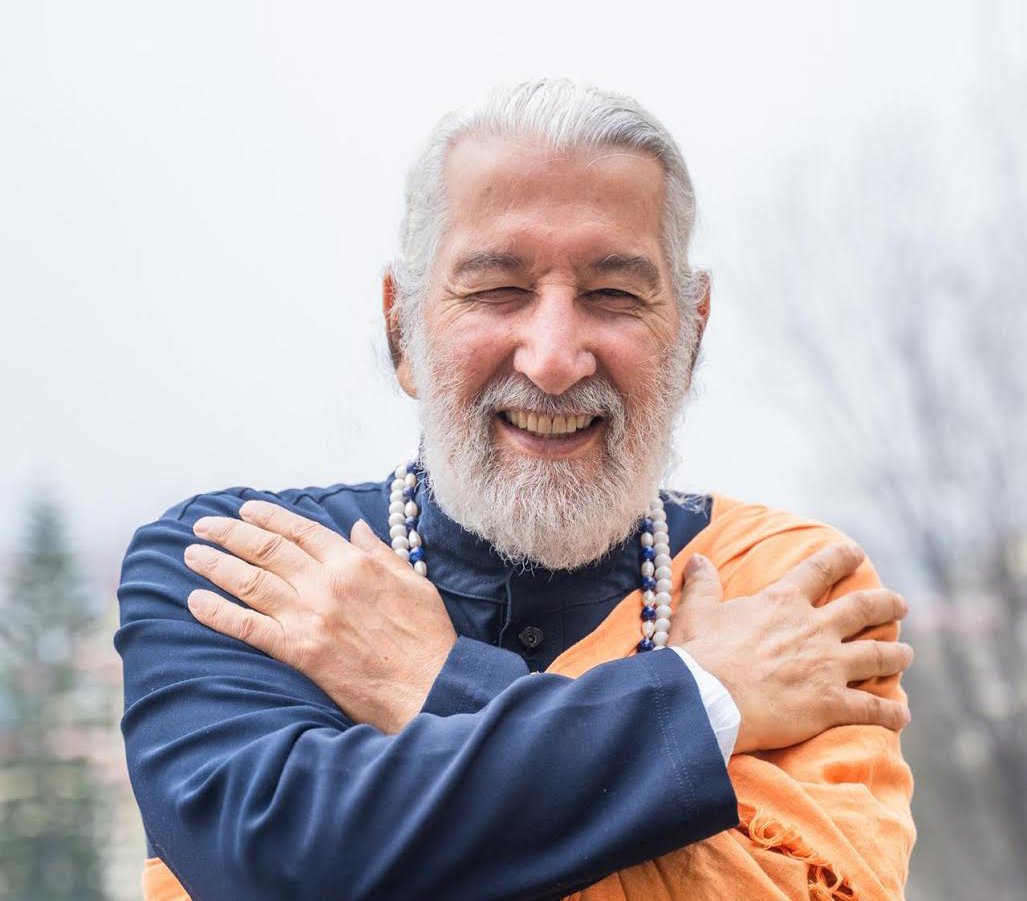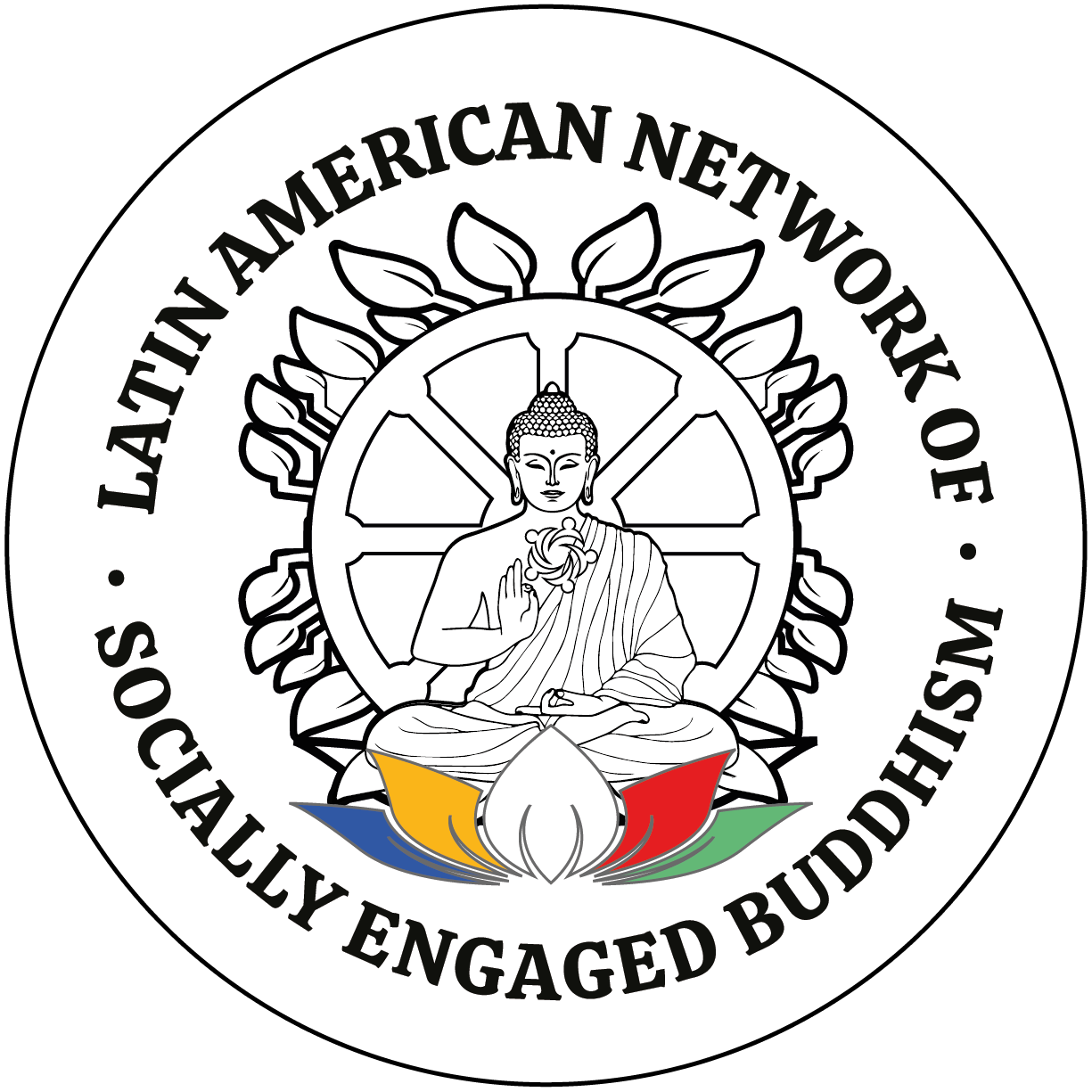
“NOT ONLY SHOULD WE SELF REALIZE INDIVIDUAL COMPASSION, WE SHOULD SIMULTANEOUSLY COMMIT TO BUILDING A COMPASSIONATE SOCIETY.”
Alfredo Sfeir-Younis – Dzambling Cho Tab Khen
Join Our Network
THE TIME TO CHANGE THE WORLD IS NOW. THE BUDDHA’S TEACHINGS ARE A VERY IMPORTANT PATH IN THIS NEW MILLENNIUM. WE NEED TO WALK TOGETHER. AND THIS IS THE GOAL OF THIS NETWORK OF LOVE AND COMPASSION.




OVERVIEW
THE NATURE OF SOCIAL BUDDHISM
MINI-HISTORY OF SOCIALLY ENGAGED BUDDHISM
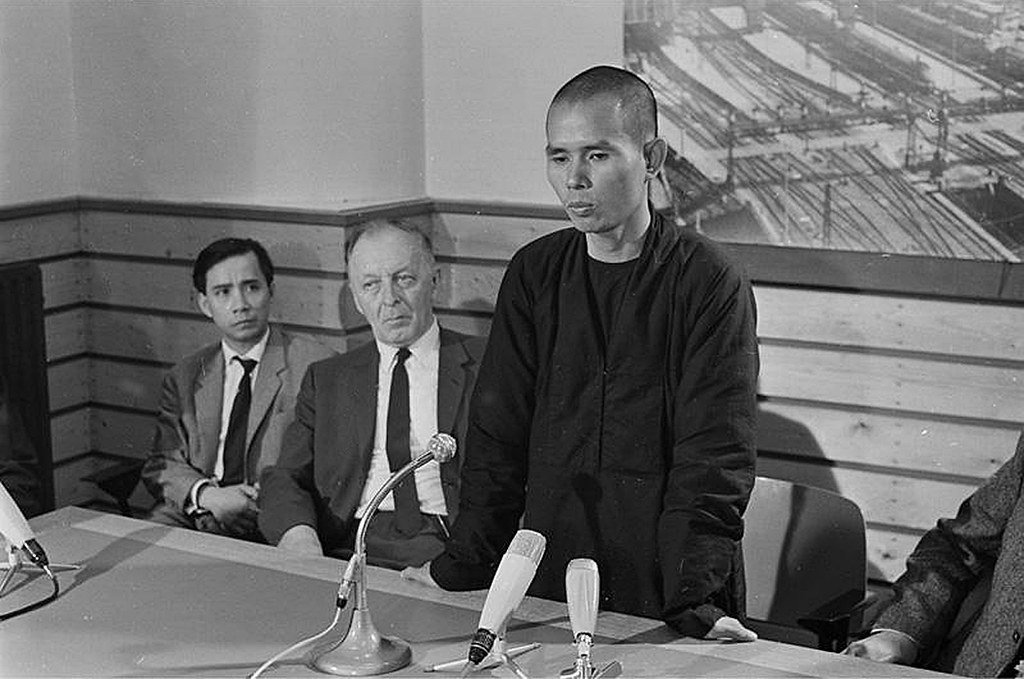
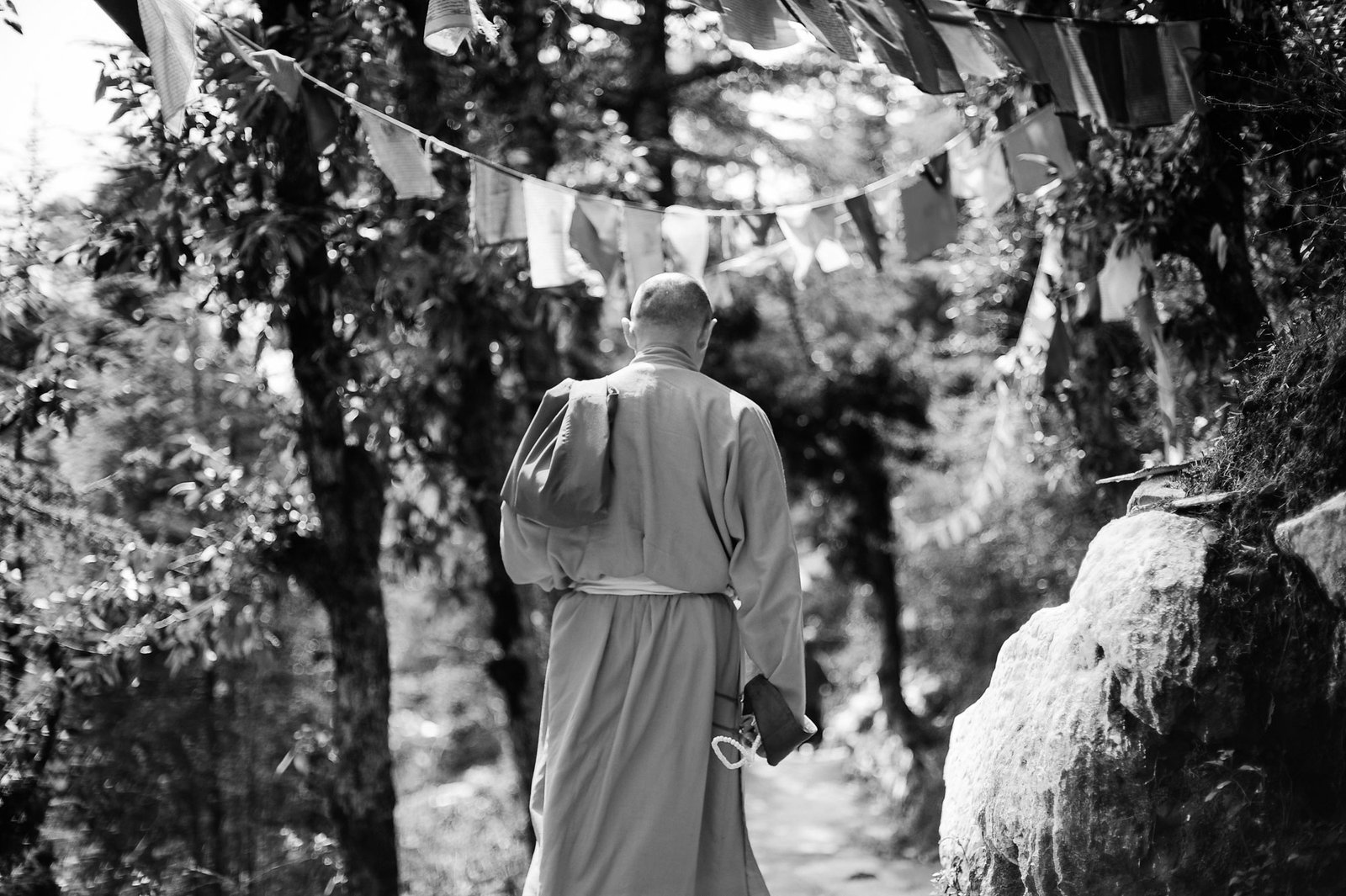
One way to view Engaged Buddhism is through Thích Nhất Hạnh’s “The Fourteen Precepts of Engaged Buddhism.
Herewith just a summary/sample of them:
Do not be idolatrous about or bound to any doctrine, theory, or ideology, even Buddhist ones.
Do not think the knowledge you presently possess is changeless, absolute truth. Avoid being narrow minded and bound to present views.
Do not force others, including children, by any means whatsoever, to adopt your views, whether by authority, threat, money, propaganda, or even education.
Do not avoid suffering or close your eyes before suffering. Do not lose awareness of the existence of suffering in the life of the world.
Do not accumulate wealth while millions are hungry. Do not take as the aim of your life fame, profit, wealth, or sensual pleasure.
Do not maintain anger or hatred.
Do not lose yourself in dispersion and in your surroundings. Practice mindful breathing to come back to what is happening in the present moment.
Do not utter words that can create discord and cause the community to break. Make every effort to reconcile and resolve all conflicts, however small.
Do not live with a vocation that is harmful to humans and nature. Do not invest in companies that deprive others of their chance to live.
Do not kill. Do not let others kill. Find whatever means possible to protect life and prevent war.
Possess nothing that should belong to others.
Do not mistreat your body. Learn to handle it with respect
.
Buddhist teachings invite us to take responsibility for ourselves, and engaged Buddhists interpret this as taking responsibility for the entire sangha, the larger community, and our ecosystem. This is a collectivist notion of sangha as people working together for a society of justice, wherein Buddhist practice becomes the engaged activity of social change.

Identity
“Making Buddha’s social teachings universally accessible in Latin America, LANSEB mission is to create all the networking conditions to inner empower policy-makers through new forms of collective-spiritual-wisdom, to create a harmonious planetary livelihood and to alleviate human suffering through the enhanced power of collective consciousness.”
“It is imperative to move from the paradigm of individual materialism to inner-conscious-societies governed not by one, but three interdependently and inseparable bodies of laws: human, natural and spiritual. Through Buddhist social wisdom and practices, as taught directly by the Buddha, and still very relevant for the challenges we face in this 21st Century, LANSEB will spiritually reconnect private and public, inner and outer, material and non-material, individual and collective economics, politics, business and institutions”.
Any dimension of a given spiritual path is always supported by a collection of values, be them individual or collective values, material or spiritual values… The Network will be greatly influenced by the values of generosity, cooperation, interdependence, mutuality, love, compassion, justice, rights, trust, equanimity, rigor, and many more. As such, those values are not a “thing” but “a state of being”, and must be self-realized. The constant interaction within the exchanges will accelerate the processes of self-realization of those values.

Organization
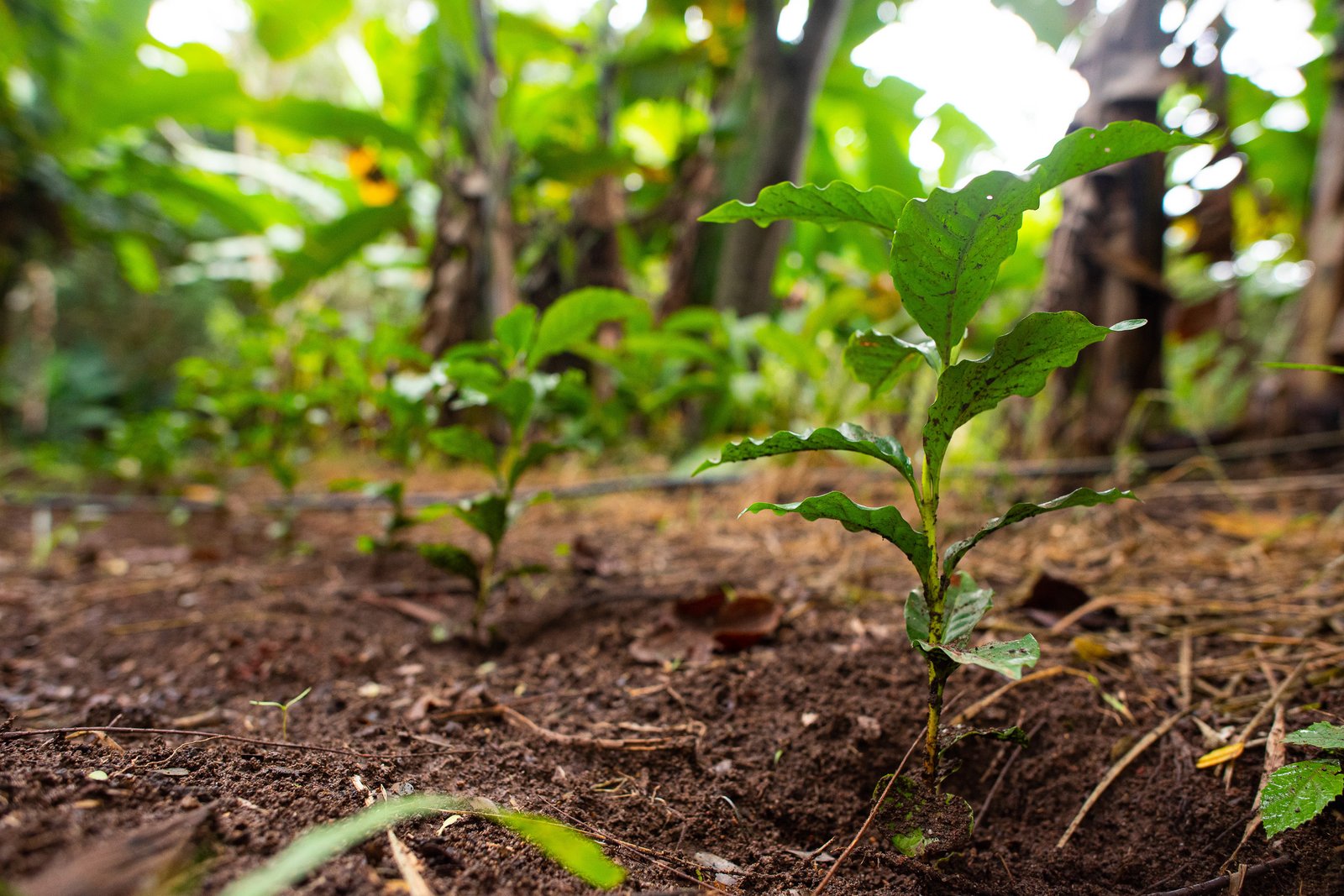
ORGANIZATIONAL STRUCTURE
This is a completely decentralized and pro-bono based organization. With time, there will be an elected President, Secretary General, and a Board of Directors; all working pro-bono. At the beginning, it will be run by the Founder and his team, so that the Network can be launched the soonest.
Each country of the region will have a Plenipotentiary Chancellor and Secretary General, in charge of each and every activity of the Network in their respective countries. They will coordinate the Network’s campaigns established by the President and Board, to be implemented at the country level.

WHO MAY BELONG?
All persons may belong to this network; Buddhist or Non-Buddhists who agree with the Mission and Vision of this Network. We must become the vessels of the Buddha’s social wisdom, to contribute and strengthen all possible decision making processes.
No previous knowledge of Buddhism nor formal education is necessary or required. The network will serve as an instrument of teaching and dissemination.

MAIN PRODUCTS AND SERVICES

Education and Training.
A series of activities addressing social Buddhism will be implemented, to strengthen education and training in the areas of economics, politics, institutions, social, human, etc. This activity will be carried out in situ or through the mechanisms available in special media and other platforms.

Advisory Activities
The Network will provide advice to government, corporations, private sector entrepreneurs, educators, community leaders, and the like, with the view to empower people with Buddhist spiritual principles and practices, and generate a strong push in the level of collective consciousness. This advisory role will take many shapes and forms depending on the circumstances.

Meetings and Conference
There will be a series of conferences and meetings within the Latin American region to expand and disseminate Social Buddhist knowledge and wisdom. These will include basic as well advanced training.

The Network of Networks
There will be connection with other Buddhists networks around the world, with the view to learn more from other networks experiences and wisdom. Of particular importance are those networks in the continent of Asia.

Publishing Articles and Books
Publications will be carried out to disseminate the Network activities and knowledge. Newsletter format will also be considered.

Dissemination
A series of dissemination techniques will be implemented. One of them will be The Theme of the Month, with the view that many people may participate and engaged within their own countries of the region at large.

Other Activities
There will be a number of other activities designed to attain our mission and vision (interviews, promotion, advocacy, community development…).

